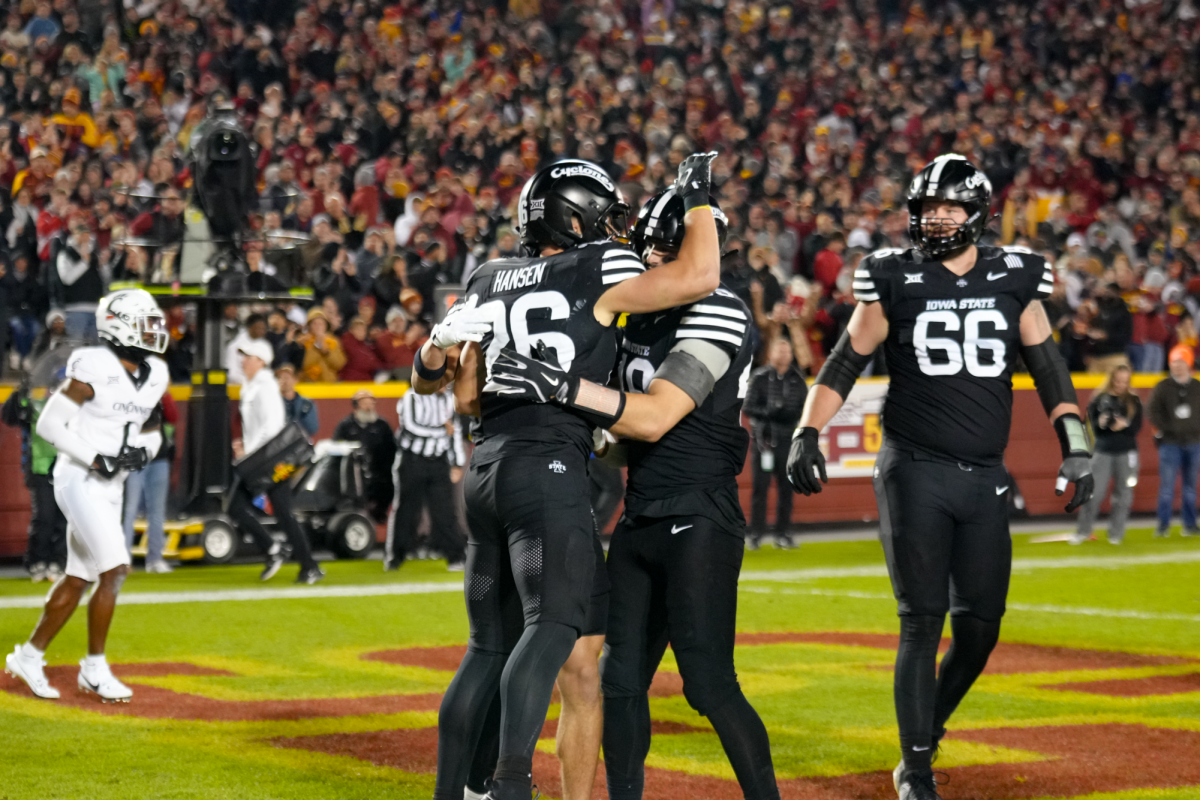LETTER:Pledge ruling upholds vision of Founding Fathers
July 1, 2002
We are a nation of tolerance and of religious freedom. Our country was not founded under the unity of a belief in one God. It was founded under the principles of freedom, equality and justice. To presume that a person who disapproves of the words “under God” in a government-approved statement of patriotism is an atheist, radical or subversive, shows both a lack of tolerance and a lack of intelligent reasoning. If such people are not free to express their own opinions and petition the government for redress of grievances, then our country is no better than any other.
This country was not founded under a religion or any specific belief regarding a god. It was founded with a desire to attain religious freedom from the English oppressors and was done so eventually in a revolutionary and nationalist spirit. Revolution is not patriotism. It is the exact opposite, since it implies the breaking off from your parent country or the upset of governmental rule.
Our founding fathers took it upon themselves to decree that there be certain inalienable rights for all of the citizens of this great nation, regardless of race, creed or politics. These rights begin notably with such concepts as the freedom to speak one’s thoughts and the freedom to adhere to and exercise the religion of one’s choosing or the lack thereof.
The act of requiring the reciting of the Pledge of Allegiance in a public school system has already been deemed unconstitutional by the Supreme Court in a decision published by Justice Jackson in 1943 in the case of West Virginia State Board of Education v. Barnette.
In this decision, published before the inclusion of the words “under God”, Jackson said that the public schools, being state-run institutions and funded by the government, were in direct violation of the First and 14th Amendments when they made it compulsory for children in the public schools to salute the flag and pledge their allegiance.
Because of this ruling, children can not be forced to recite the pledge, and those who choose not to can not be expelled. Our children today, however, are not generally made aware that they have a choice to participate or not. Even if they choose not to participate in such voluntary practices, children are often forced to listen the other children’s recitation of it day after day.
To further compound the issue, Congress in 1954 added the phrase “under God” to the pledge, making it “both a patriotic oath and a public prayer.” By making it a public prayer, Congress had effectively blurred the distinction between church and state. This is exactly the sort of thing that the founding fathers forbade the government from doing when they set forth the Constitution and its subsequent amendments. The government is charged with the responsibility of not enacting any laws or legislation respecting an establishment of religion. In passing this act, the Congress was in direct violation of the First Amendment of the Constitution.
When our Founding Fathers created this nation, many of them questioned their own religious beliefs, as did many of the people in our nation. In fact, Thomas Jefferson himself, while respecting those around him of various faiths, was very ambiguous regarding his own personal beliefs. Yet, somehow, in the face of this lack of religious promotion in the primary author of the Declaration of Independence, our nation managed to not only take shape but thrive.
Over the years, the pledge has become a political tool. First it was changed to be more specific to the United States of America during a time of rapid emigration. Then it became a statement of faith in an attempt to distinguish our country from the “godless communists.” While the first change is entirely within the realm of permitted law, the second is a head-on collision with the First Amendment. The ruling of the 9th Circuit should stand.
Our Founding Fathers created our national charter with the express intent that it represent the history of the land. They wanted it to consider not only the pilgrims who came here out of religious persecution from countries which only allowed one official religion, but also the countless men who died to give us the chance at an independent existence.
The Constitution and its amendments were created to uphold the memory of those people and to support the values for which they and our founding fathers stood. They believed that if our government were to begin infringing on our inalienable rights it would be no better than that which we had gained independence from. Sadly, Thomas Jefferson and George Washington would be furious at any inclusion of the word “God” on any federal documents. It is not the business of government to promote religious belief. Please don’t let politics meddle in this area that is so dear to the American heart.
Hamlin Krewson
Resident
Ames






